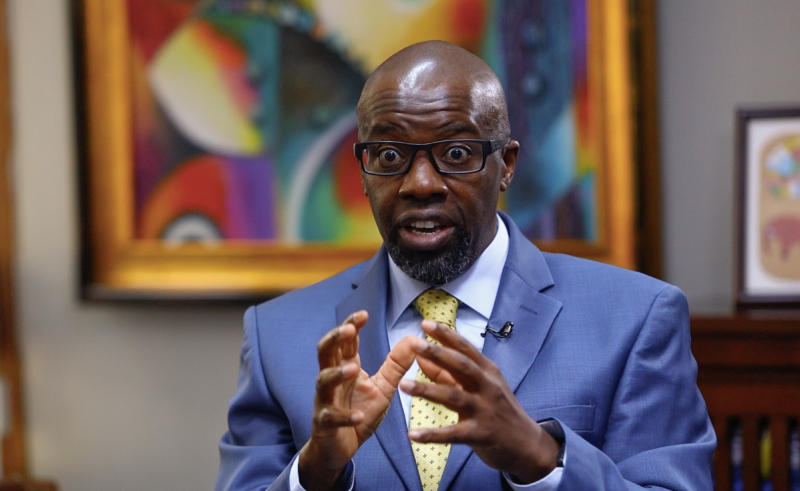×
The Standard e-Paper
Smart Minds Choose Us

Liaison Group Managing Director Tom Mulwa [Courtesy]
Kenya’s pension funds have been known to be conservative in investments, choosing low-risk products such as government securities.